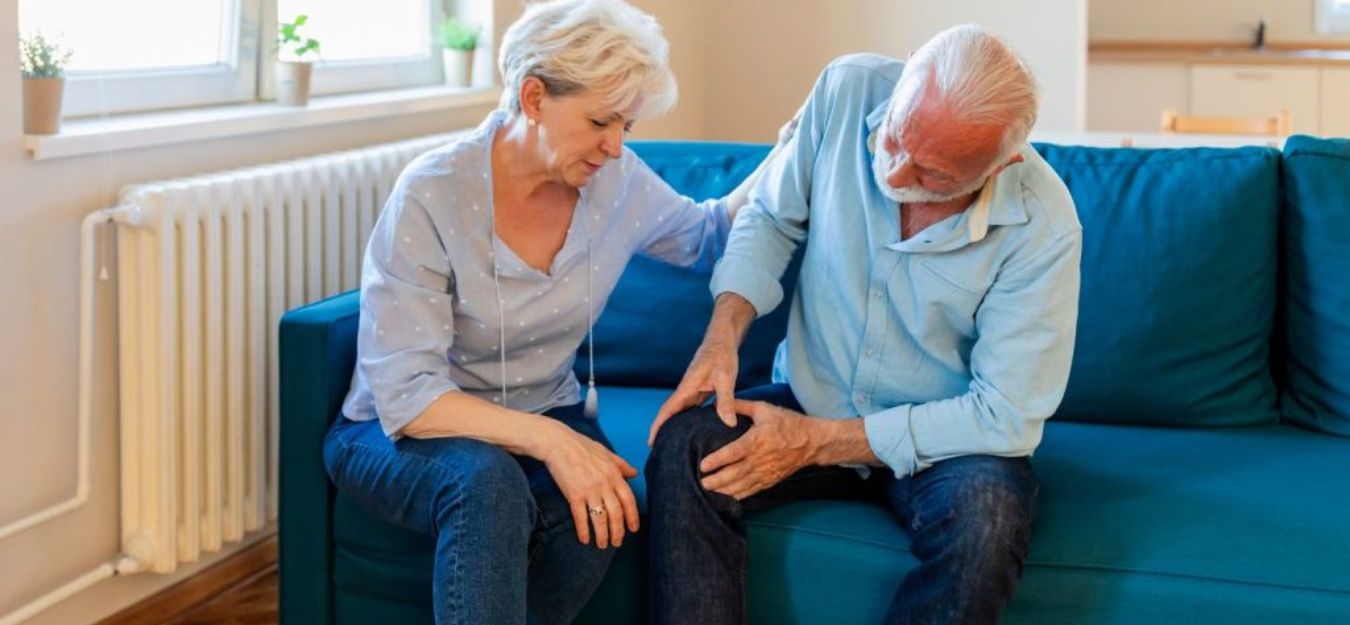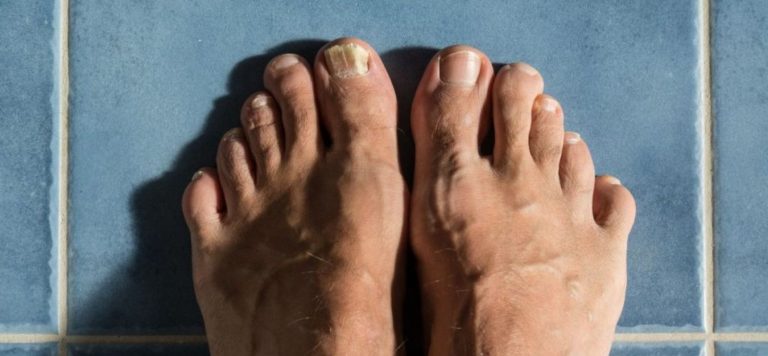Invisible Challenges
Rheumatoid arthritis involves an autoimmune disease that affects various organs and joints in the body. It differs from osteoarthritis in the cause and certain symptoms.
According to the Centers for Disease Control and Prevention, common symptoms of rheumatoid arthritis include:
- Joint pain.
- Swelling in the joints.
- Fatigue.
- Weight loss.
- Weakness.
- Low-grade fever.
But in addition to common symptoms, there are also unusual signs of rheumatoid arthritis. Learning about uncommon rheumatoid arthritis signs can help you recognize the disease as soon as possible. Now, let's take a look at the unusual symptoms of rheumatoid arthritis.
Uncommon Rheumatoid Arthritis Symptoms
Uncommon signs of rheumatoid arthritis include the following:
Easily Bruising
Easily bruising can occur due to rheumatoid arthritis. Bruising can occur with some types of autoimmune diseases when platelet counts dip too low. People with rheumatoid arthritis may not make new platelets as fast as their body destroys them.
Some of the medications used to treat rheumatoid arteries, such as steroids, may also increase a person’s risk of bruising after an injury. You may not be able to completely eliminate your risk of bruising. But there are a few steps you can take to reduce your risk.
What you can do to prevent bruising:
- Consider decluttering your home to reduce the risk of falling and injuring yourself.
- Apply ice after bumping a body part to decrease bruising.
- Eat a well-balanced diet, including plenty of foods rich in bioflavonoids, such as leafy greens.
- Bioflavonoids help promote healthy blood vessels.
Rash and Skin Nodules
It is common for people with rheumatoid arthritis to develop skin nodules. The nodules are firm lumps of tissue that develop under the skin. In many instances, the nodules form over bony areas, such as the elbows, knees or fingers. The nodules do not require treatment unless they become painful.
Skin rashes can also develop. Rheumatoid arthritis causes widespread inflammation, which does not only affect the joints. It can lead to inflammation of the blood vessels and affect the skin. When this occurs, the rash may appear as small red dots.
There is no way to prevent skin nodules or rashes from developing. But following your rheumatoid arthritis treatment plan may help prevent the condition from worsening.
Dry Eyes
The inflammation can also damage the glands that produce tears. This causes a condition called Sjogren’s syndrome, which occurs commonly with autoimmune diseases. According to the American College of Rheumatology, about half of the people with Sjogren’s syndrome also have another autoimmune disease, such as rheumatoid arthritis.
Dry eyes can also develop as a side effect of the medications to treat rheumatoid arthritis. The eyes may feel dry, gritty and burned.
What you can do to prevent dry eyes:
- Talk with your doctor about dry eyes.
- Prescription eye drops may help reduce symptoms.
- Use artificial tears to help keep your eyes moist and more comfortable.
- Remember to wear sunglasses when outside during the day.
Gum Disease
When you think of rheumatoid arthritis, you may not think of gum disease. But according to the Arthritis Foundation, gum disease can occur. Similar to the other areas of the body affected by rheumatoid arthritis, the gums can also become inflamed.
What you can do to prevent gum disease:
- Pay extra attention to dental hygiene. Brush and floss your teeth twice a day.
- Ask your dentist if there are any other special steps you can take to reduce the risk of gun disease.
Hearing Loss
Certain types of hearing loss appear to be associated with rheumatoid arthritis. In most cases, hearing loss affects older adults that have had rheumatoid arthritis for several years.
Researchers are not exactly sure why some people with rheumatoid arthritis develop hearing loss. But it may occur as a result of a rheumatoid nodule developing inside the ear.
The other theory is that inflammation may damage the small joints inside of the ear, damaging hearing. In some cases, medications used to treat rheumatoid arthritis may cause changes to hearing, such as ear ringing or hearing loss.
There is no one thing you can do to prevent hearing loss associated with rheumatoid arthritis. But if you experience symptoms of hearing loss talk to your doctor as soon as possible for treatment options.
Increased Body Fat
One of the more unusual symptoms of rheumatoid arthritis is increased body fat, although some people with rheumatoid arthritis may experience weight loss. Research in Therapeutic Advances in Musculoskeletal Disease indicated the prevalence of abnormal body composition, including overfat, occurred more often in people with rheumatoid arthritis than in the general population.
This may occur due to a combination of factors such as increased inflammation, pain leading to less physical activity and side effects from medications.
What you can do to prevent increasing body fat:
- Try to get about 30 minutes of low-impact exercise on most days of the week.
- Limit junk food and sugar.
- Stick to a healthy diet, including fresh fruits, vegetables, whole grains and lean protein.

